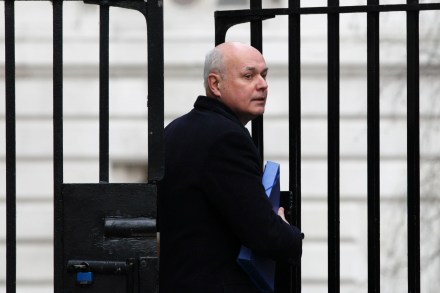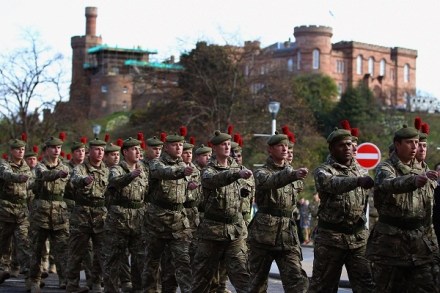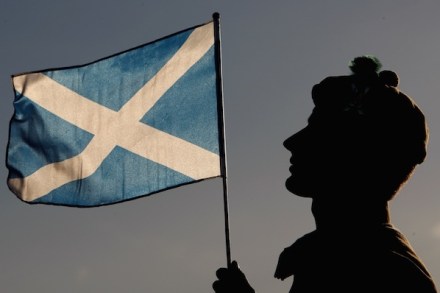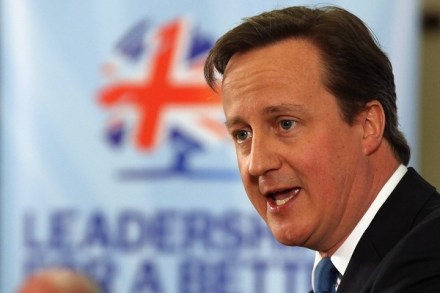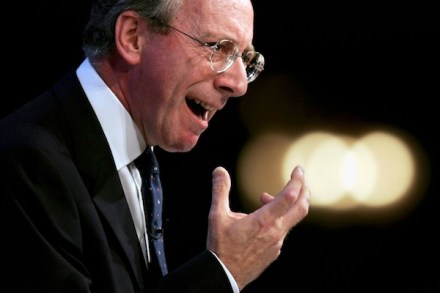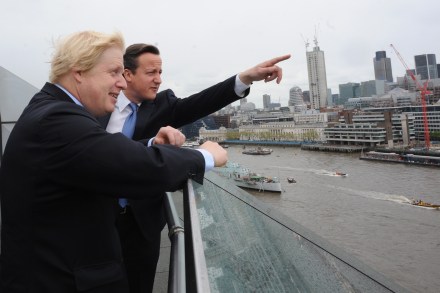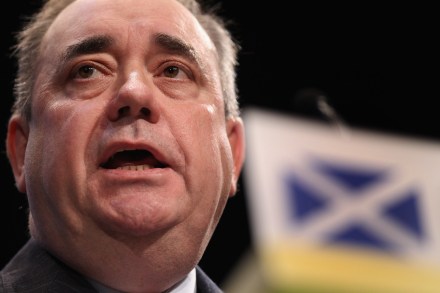Our debate on welfare reform is a dismal scandal – Spectator Blogs
On balance, Iain Duncan Smith’s spell as Tory leader can’t be remembered as an unmitigated success. Be that as it may, sometimes there are second acts in political lives and, just occasionally, these are worth celebrating. IDS is one example of this. Nevertheless, even a man as palpably decent and well-meaning as IDS doesn’t always pitch his argument about welfare reform in the best, most sensible or plausible fashion. This is unfortunate, not least because it allows his opponents to question his good faith. And good faith matters in politics. Especially when you’re attempting to overhaul welfare. At the best of times this is a sensitive issue requiring a deft
